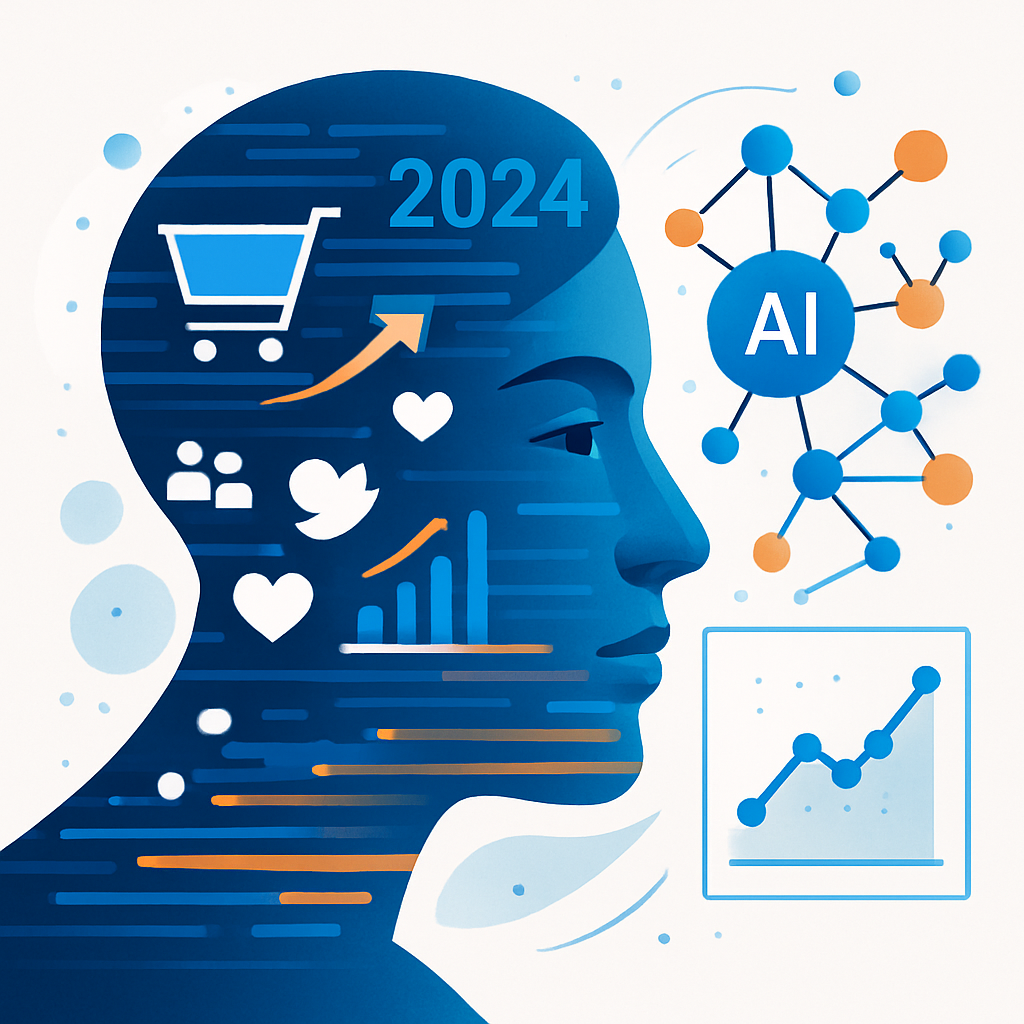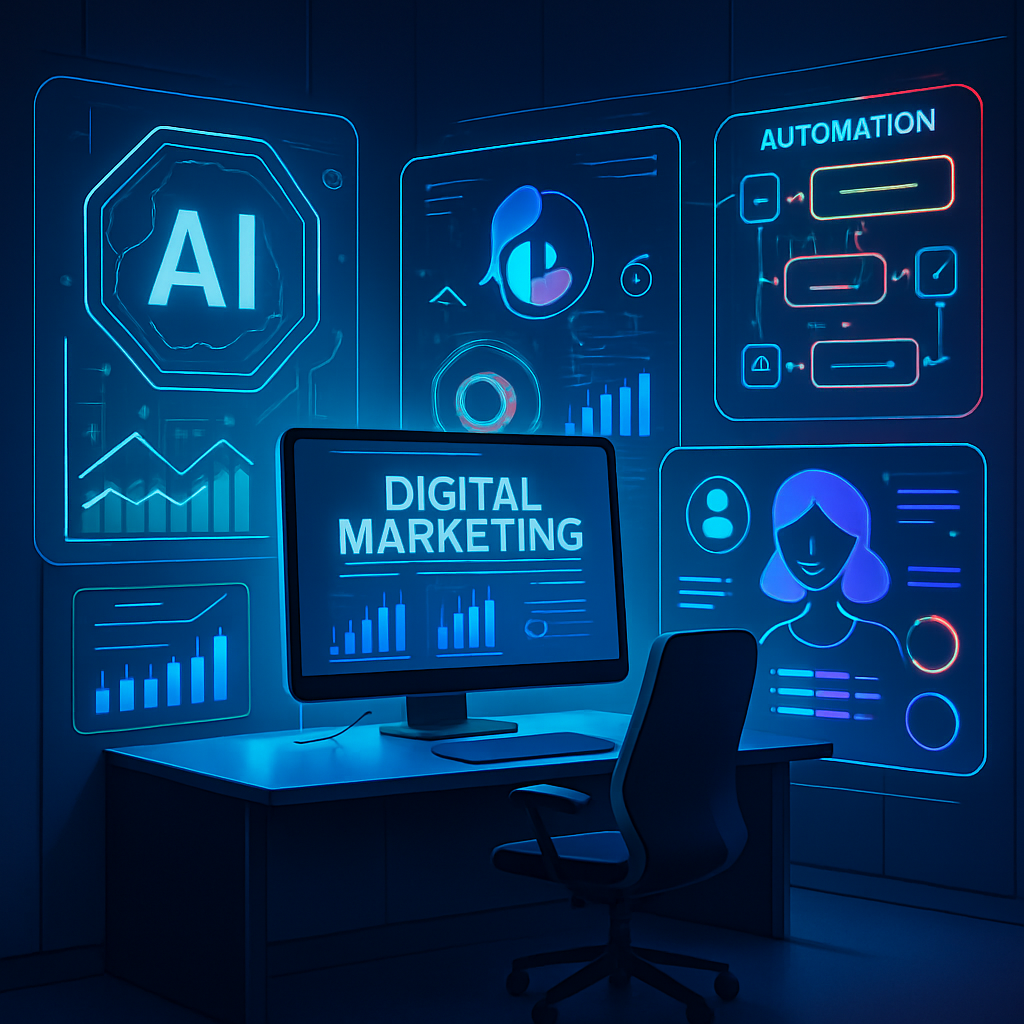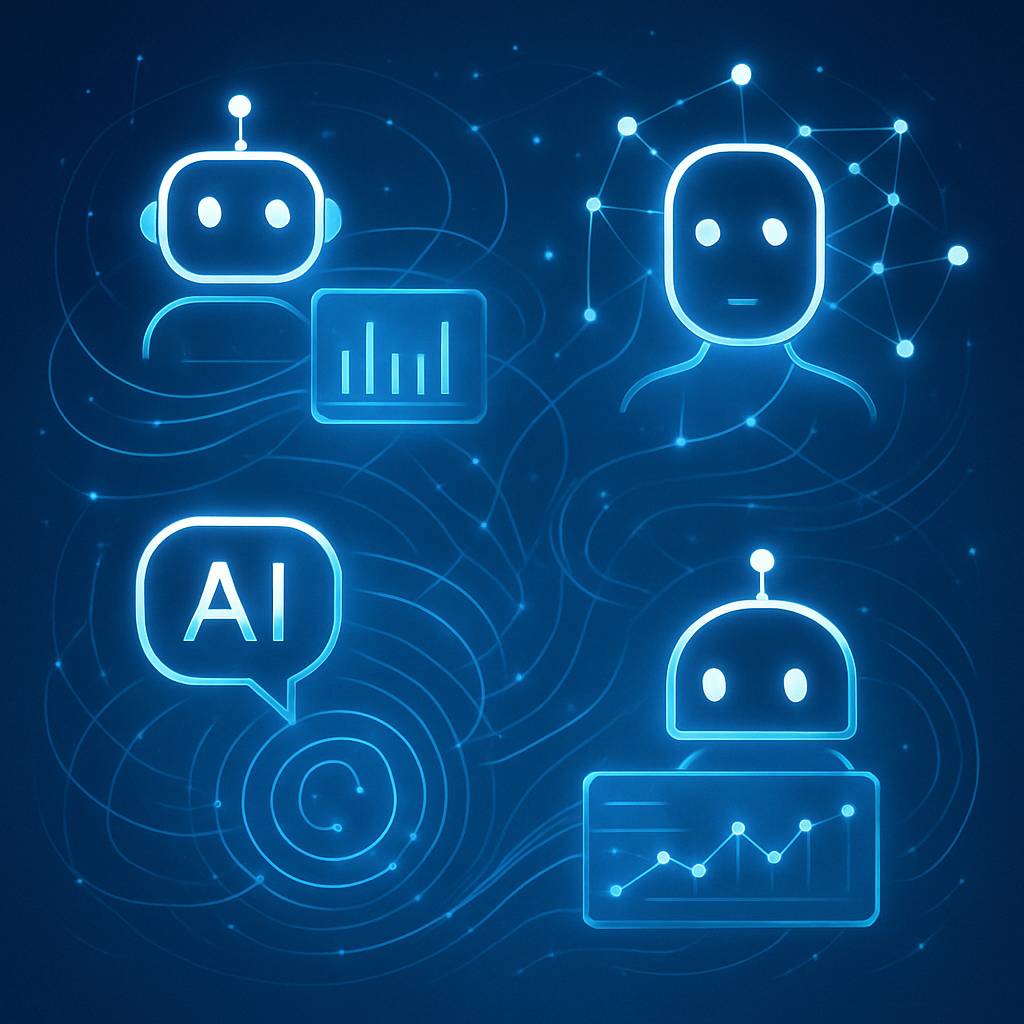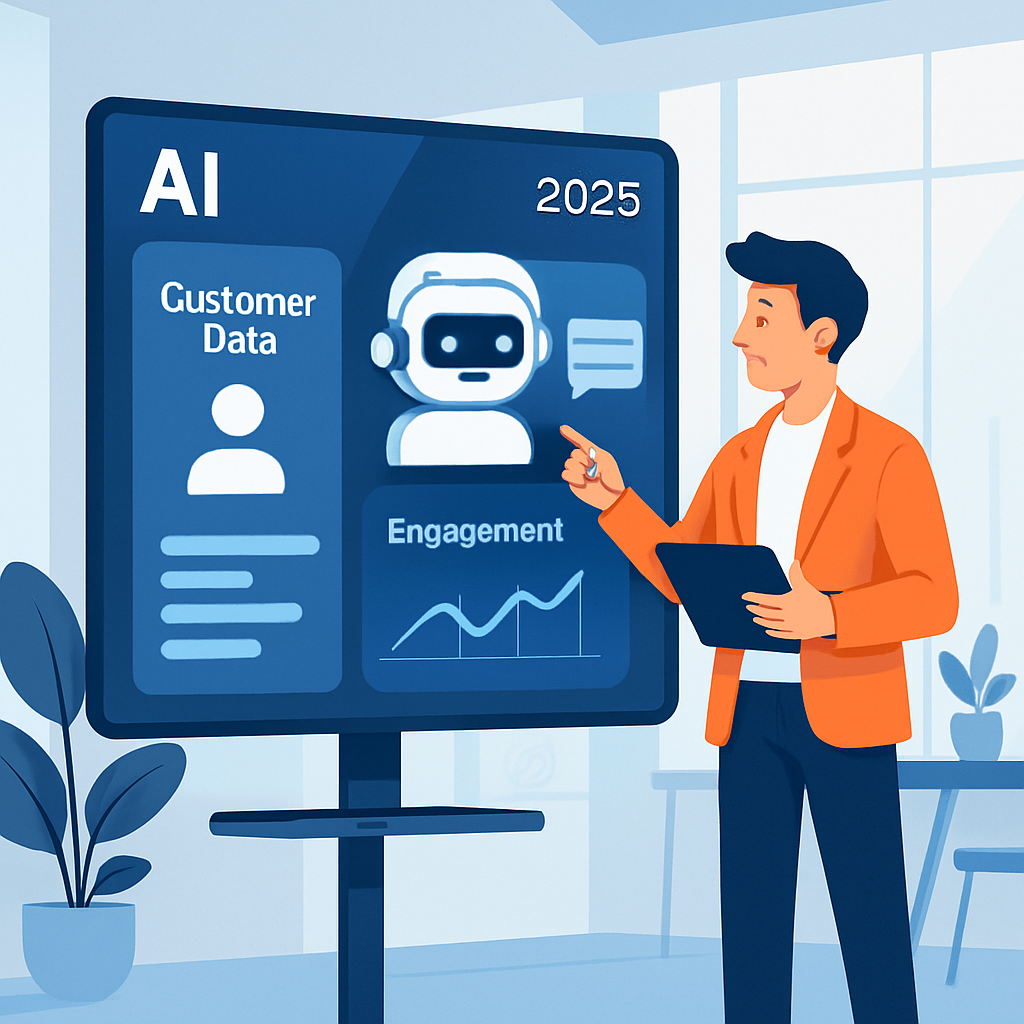
How AI is Revolutionizing Marketing: Personalization & Predictive Analytics in 2024
the ai Revolution in Marketing Strategies
Marketing in 2024 stands at the forefront of an AI-driven transformation that has moved far beyond automation and simple data processing. artificial intelligence now integrates deeply to craft personalized experiences and predictive insights that redefine how brands connect with their audiences. From advanced machine learning models to real-time data analysis, AI is changing the marketing landscape more profoundly than ever before.
Personalized Experiences: The Heart of Modern Marketing
Personalization has always been a goal for marketers, but AI elevates it to unprecedented levels. Instead of generic segmentation, AI analyzes behavioral patterns, preferences, and contextual data instantly to deliver uniquely tailored content and product recommendations.
Dynamic Content Customization
AI engines now create and adjust marketing content on-the-fly based on user interactions. For instance, an AI-powered email platform might alter messaging within a campaign for each recipient according to their previous shopping behaviors, browsing habits, and engagement history. This goes beyond static template replacement — the AI generates nuanced variations that resonate emotionally and contextually with the user.
Hyper-Personalized Customer Journeys
Leading marketers utilize AI to orchestrate seamless journeys personalized at every touchpoint. Using data from CRM systems, social media, and even IoT devices, AI predicts customer needs and directs them toward ideal offerings. An online apparel retailer, for example, may deploy AI-driven chatbots that suggest outfits based on weather forecasts, seasonal trends, and the customer's unique style preferences learned over time.
Predictive Analytics: Making Marketing Smarter and Proactive
Predictive analytics powered by AI represents a seismic shift from reactive to proactive marketing. AI models ingest vast datasets — from consumer behavior to economic indicators — uncovering patterns that humans cannot discern quickly or at scale.
Anticipating Customer Behavior
Modern predictive models forecast purchase likelihoods, churn risks, and even potential lifetime value with remarkable accuracy. For example, subscription-based services employ AI to identify customers likely to cancel, enabling targeted retention campaigns before disengagement occurs.
Optimizing Campaign Performance
AI-powered platforms continuously analyze real-time campaign results, automatically reallocating budgets and tweaking creatives to maximize ROI. In 2024, marketers leverage these systems to manage multi-channel campaigns, balancing investments across social, search, email, and influencer marketing based on up-to-the-minute performance predictions.
Integrative AI Technologies Driving Marketing Innovation
The combination of personalization and prediction is driven by several cutting-edge AI technologies:
- Natural Language Processing (NLP): Enabling sentiment analysis and contextual understanding, NLP helps brands craft messages aligned with consumer moods and preferences.
- Computer Vision: Used for visual content recognition and influencer marketing analysis, helping brands optimize visual appeal and monitor brand image across platforms.
- Reinforcement Learning: Allows AI systems to learn optimal marketing actions through trial and error, improving ad placement and content strategies continuously.
Practical Industry Examples
Automotive Sector: AI-driven platforms analyze online behavior and service records, then deliver individualized offers for maintenance, upgrades, or new models exactly when the customer is most receptive.
Retail Chains: IoT devices in stores combined with AI predict stock demand and personalize mobile notifications with exclusive offers based on in-store movements and preferences.
Streaming Services: AI recommends personalized content and anticipates drop-off points to adjust programming and notifications, enhancing subscriber retention.
Challenges and Ethical Considerations
While AI unlocks tremendous marketing opportunities, it raises questions about data privacy, transparency, and algorithmic bias. As AI personalizes experiences and predicts behaviors, marketers must balance innovation with respect for consumer consent and ethical use of data. Transparent AI models and stringent data governance remain essential pillars in building trust.
The Future Outlook of AI in Marketing
Looking ahead, AI will continue to deepen its role in marketing by combining emotional intelligence with predictive precision. Advances in AI consciousness simulations and explainable AI promise even more empathetic and interpretable marketing interactions. Marketers who embrace these evolving AI capabilities will lead in crafting meaningful, personalized connections that drive long-lasting engagement and growth.
Conclusion
In 2024, AI is no longer a supporting tool but a strategic core of marketing strategies. By revolutionizing personalized experiences and predictive analytics, AI empowers marketers to deliver hyper-relevant content and proactively engage consumers with unprecedented accuracy. This transformation heralds a future where marketing is not just smarter but genuinely more human-centric, bridging the gap between technology and meaningful customer relationships.







